As a function of my role as Business Development Manager at ESG, I spend a lot of time talking with Customer Success leaders. And from those conversations, I’ve found that many of them very much dislike the idea of outsourcing any part of their business. In fact, I recently spoke with a gentleman who boldly proclaimed, “it is against my religion to outsource.” Despite his rather dramatic choice of words, I can’t blame this person for thinking the way he does. Most business leaders recoil at the assumed loss of control and visibility into their business that this word conjures. The “type A” personality of your average executive is especially prone to this feeling, making the idea of releasing even an ounce of control scarier to them than to the average person. Like convincing a die-hard IOS user that PCs have their place too, it’s a tough nut to crack.
Although I may not agree that outsourcing equals a loss of control, I do understand why some professionals may think that way. Words carry weight, and we all have emotional responses to certain phrases and ideas based on experiences and preconceived notions. This is largely subconscious, but there is always the risk of creating barriers where actual opportunities exist. For many, words like “outsource” induce nightmares of sending jobs to some remote overseas location where reps with less than perfect American English provide a sub-par customer experience. You envision yourself reading wave after wave of customer complaints rolling in from your favorite review site. But is this today’s reality, or a combination of past experiences and potentially problematic stereotypes?
If a business leader removed all preconceived notions and objectively evaluated their own behavior, they would realize that they likely already engage in outsourcing regularly, be it personal or professional. The obvious examples come to mind: you buy a house with a huge yard and have every intention of mowing the lawn yourself, only to realize that Billy down the street does a fine job for just 15 bucks a mow. You now leisurely enjoy your Saturday afternoons and have every confidence that the job will get done because Billy is an able and trustworthy partner, and you’ve decided that your time is worth more than the $15.
Now, for those city dwellers out there that could care less about lawn care, here’s one that may hit closer to home. It has always seemed to me that the use of channel partners to sell and provide services for your products is also a form of outsourcing. Utilizing channel partners is something companies do widely and, from my experience, does not carry the same negative connotations as outsourcing, even when in some instances perhaps it should. In TSIA’s State of Customer Success 2019 report, almost half of respondents suggested that the OEM’s charter for end users differed from their partners’.
This data was eye opening, but I wouldn’t call it shocking. I’ve witnessed firsthand some very contentious relationships between internal sales people and the channel partners they are supposed to be teammates with. There is often unhealthy competition and gray areas surrounding who actually owns the customer. To make matters more complicated, the report also displayed that the partner relationship is most often owned by Sales, not Customer Success or some other unbiased mediator within the organization. This disjointed approach results in confusion for the customer, as they don’t know whether to trust the partner they interact with, or the OEM whose product they use. It’s as if Billy went rogue and decided to plant some flowers and bushes over the lawn you’ve worked so hard and paid good money to maintain.
Customer ownership aside, channel partners, OEMs and company execs agree that the customer experience is more important today than ever before. All of these involved parties need the customer to buy, be satisfied, and buy again, in order to survive in a hyper-competitive environment. Customers have more choices and less commitment to your brand than ever. If they sense disconnect anywhere in the process, little is stopping them from shopping your competition and moving to an option that’s easier to work with. To avoid these disconnects, partners must be chosen carefully and strategically.
A good business leader will leverage every resource they can to ensure the success of their company. Sometimes, this means sharing responsibility with a trusted partner to accomplish a goal. For Customer Success, outsourcing aspects of your CS charter can have a meaningful and lasting impact on your business. Just like Billy giving you those rare relaxing Saturday afternoon hours back, leveraging a partnership to nurture your customers at specific points in the customer lifecycle allows you to put your focus where it will be the most impactful. With a CS platform like Strikedeck or Gainsight, you don’t have to worry about losing control because you have a constant line of sight to your customers and how they are being impacted by your outsourced partner. There is even an opportunity to improve the broken OEM/channel relationship through additional partnerships. Bringing in an impartial mediator can bridge communication between entities, removing mistrust and self-serving intentions and bringing the focus back to the customer, where it belongs.
I don’t mean to belittle the potentially fruitful and sometimes necessary partner-OEM relationship, but simply to provide perspective on how we define “outsourcing” in a general sense. Some partnerships are good, some are bad, and that spans every way we think about a “partner” in business.
In the end, just like in any relationship, communication is key. If you and your partner have efficient two-way communication, there is an opportunity to build trust and have a meaningful positive impact on your business. This can happen regardless of what their function is, or what words you use to describe them. Success for your customer should be the goal, and preconceived notions should not deter you from using every means necessary to get there.

